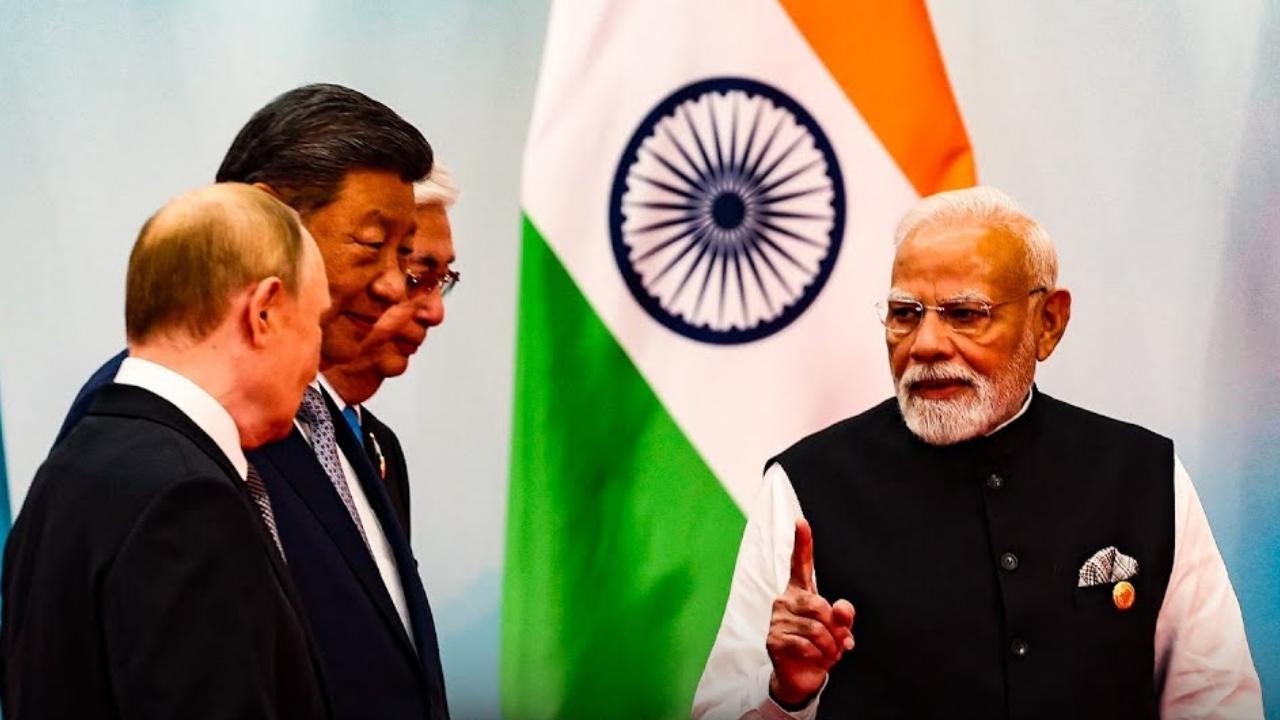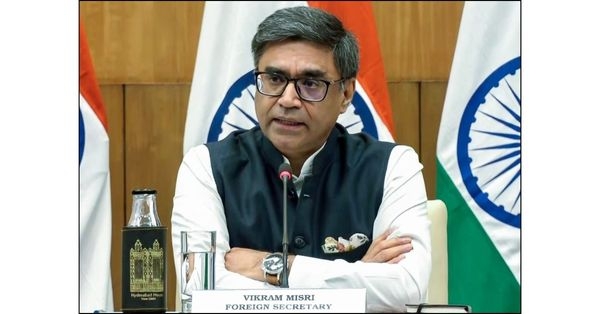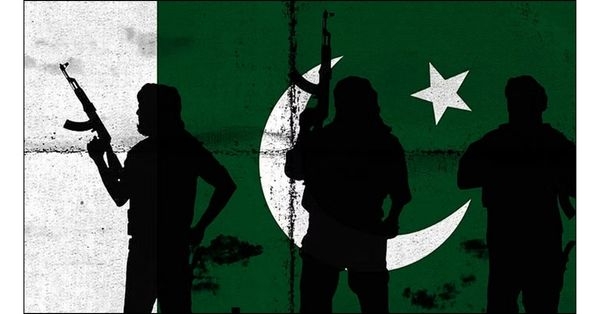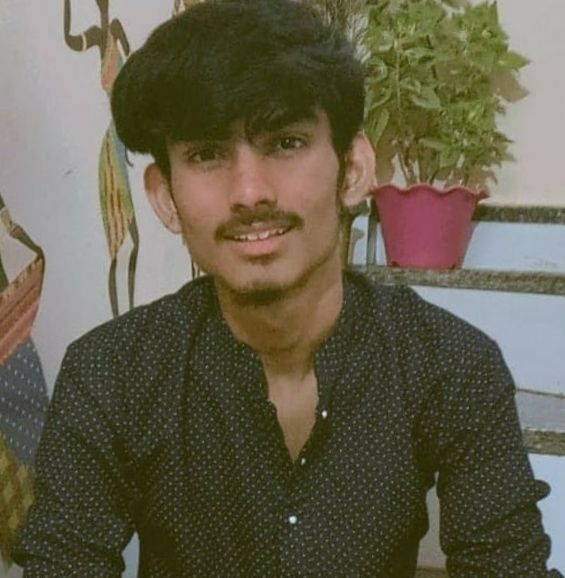PM Modi stands tall against terrorism at the SCO Summit, raises cross-border terrorism issue with Xi Jinping
Cross border terrorism is a scourge, says PM Modi in his meeting with Chinese President Xi Jinping at the SCO Summit.
Total Views |

Prime Minister Narendra Modi raised the issue of cross-border terrorism with Chinese President Xi Jinping during their bilateral meeting at the Shanghai Cooperation Organisation (SCO) summit in Tianjin, Foreign Secretary Vikram Misri said on August 31.
“The issue of cross-border terrorism was raised by the Prime Minister… he asked for China’s support on this particular issue. As I said, the Chinese have extended their support in various ways in addressing this issue,” Misri told reporters at a special Ministry of External Affairs briefing.
“The issue of cross-border terrorism was raised by the Prime Minister, and he outlined his understanding very crisply and very specifically. He outlined the fact that this is a scourge that both China and India have been victims of, and India is still combating this menace, and he asked for China’s support on this particular issue. As I said, the Chinese have extended their support in various ways in addressing this issue,” he added.
Further, Misri also noted: “Among other issues, the two leaders also exchanged views on ways to increase and balance bilateral trade, strengthen people-to-people ties, cooperate on trans-border rivers, and jointly combat terrorism.”
Misri confirmed that PM Modi will hold a bilateral meeting with Russian President Vladimir Putin on Monday, following the SCO summit.

“Tomorrow, the Prime Minister will be addressing the plenary session of the Summit, where he will outline India’s approach to fostering regional cooperation under the SCO umbrella. After this engagement, he is scheduled to have a bilateral meeting with President Vladimir Putin of Russia, following which he will depart for India,” Misri said.
Earlier in the day, PM Modi met Xi Jinping on the sidelines of the SCO leaders’ summit. This was their first meeting since the BRICS summit in Kazan, Russia, in 2024.
Later, PM Modi attended the official reception of the summit, hosted by President Xi at the Tianjin Meijiang International Convention and Exhibition Centre. He was greeted warmly by Xi Jinping and his wife, Peng Liyuan, before joining other world leaders for a group photograph symbolising regional unity.
Russian President Vladimir Putin also attended the official reception, along with senior members of his delegation, including Foreign Minister Sergey Lavrov, Deputy Prime Minister Alexey Overchuk, Deputy Chief of Staff Maxim Oreshkin, Kremlin Aide Yury Ushakov, and Presidential Spokesman Dmitry Peskov, according to the Russian news agency TASS. (With inputs from ANI)
Why this matters for India, with a critique of Pakistan’s role

By spotlighting “double standards” at the SCO, India forced the issue of Pakistan’s tacit or overt support for terrorism into the global spotlight, refusing to allow diplomatic niceties to obscure the harsh truth: Pakistan continues to provide safe havens and support for terrorist groups targeting India. Historically, China’s hesitancy on Kashmir and Pakistan-related terrorism diluted India’s diplomatic leverage. Now, with Modi securing China’s understanding (if not fully joining India’s position), India has created a more solid, multilateral front against cross-border terrorism.
India’s emphasis on “no double standards” aligns narrative control in its favour. It frames terrorism not as a regional issue but as a universal challenge, thereby isolating Pakistan and positioning it as the sponsor rather than the sufferer of the terror threat.
By pointing out that “certain nations support terrorism”, Modi delivered a thinly veiled verdict: Pakistan’s credibility is tarnished on the world stage. This is not subtle diplomacy; it is a calculated geopolitical move to undermine Islamabad’s legitimacy.
PM Modi’s long-term vision ties with China while isolating Pakistan on terrorism.
Narrative control: Framing terrorism as universal and rejecting tolerance reshapes global perception.
Strategic readiness: India’s willingness to highlight attacks like Pahalgam reinforces its resolve.
Moral high ground: Calling out Pakistan’s hypocrisy earns India credibility and Pakistan condemnation.
Security messaging: Both internally and externally, India signals readiness to act and demand accountability.
Article by

Kewali Kabir Jain
Journalism Student at Makhanlal Chaturvedi National University of Journalism and Communication

